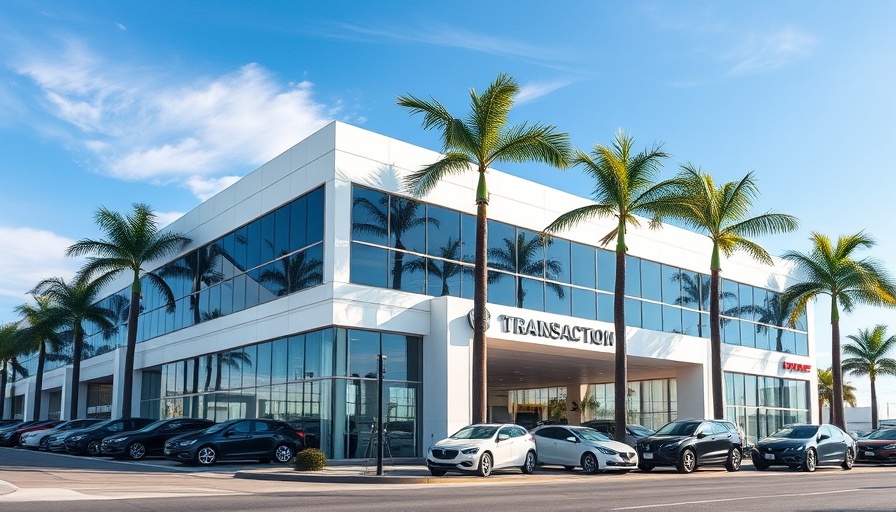
Zenobē and Brampton: A CA$4 Billion Leap Towards Zero-Emission Transit
Zenobē, an innovator in fleet electrification based in London, is set to spearhead a transformative CA$4 billion initiative alongside the City of Brampton, Ontario. This partnership, which also includes key players like TD Securities Inc., aims to electrify Brampton's transit bus fleet, marking a significant step toward achieving a zero-emission public transport system for one of Toronto's largest suburban areas. Slated to become one of North America's most extensive zero-emission bus (ZEB) initiatives, the project signals the growing collaboration between the U.K. and Canada.
The Environmental and Social Impact of ZEBs
Electric buses offer a dual benefit as they not only reduce greenhouse gas emissions but also improve local air quality, benefiting communities at large. This initiative reflects a response to the urgent need for cleaner public transport solutions in urban environments. The conversion of Brampton's fleet aims to replace the existing diesel vehicles with 1,000 electric buses, significantly impacting the health and wellbeing of the city’s more than 40 million annual riders.
Partnerships Driving Innovation and Investment
As highlighted by U.K. Consul-General to Ontario, Hon. Fouzia Younis, the project underscores the powerful outcomes achievable through U.K.-Canada cooperation. Not only does this collaboration set a precedent for international projects, but it also seeks to create skilled jobs while fostering innovation in clean transport technologies.
Implementation Timeline and Structural Benefits
The first phase of Brampton’s electrification project, with infrastructure expected to be operational by early 2027, illustrates careful planning and execution. The city will source electric buses from Canadian manufacturers, integrating local supply chains that promote job growth and economic development. Zenobē's expertise will guide the deployment of operational strategies, ensuring that the transition to electric fleets is both economically viable and ecologically beneficial.
Broader Implications for the Automotive Industry
This initiative is also significant for the broader automotive and transit sectors, as municipalities worldwide look to electrify their public transportation systems. Both auto sales training and auto dealership operations may experience shifts in focus towards electric vehicle training to align with evolving market demands. As a result, dealership owners and sales personnel must adapt by embracing training that reflects these changes.
In conclusion, the CA$4 billion initiative led by Zenobē and Brampton stands as a testament to the potential of public-private partnerships in addressing climate change. The ongoing electrification of transit systems not only underscores the necessity for innovative solutions but also posits a roadmap for other cities aiming to transition to sustainable public transport solutions. Owners and managers in the automotive sector should observe these trends closely and consider integrating electric vehicle offerings into their sales strategies to stay competitive in a rapidly evolving market.
 Add Row
Add Row  Add
Add 




Write A Comment